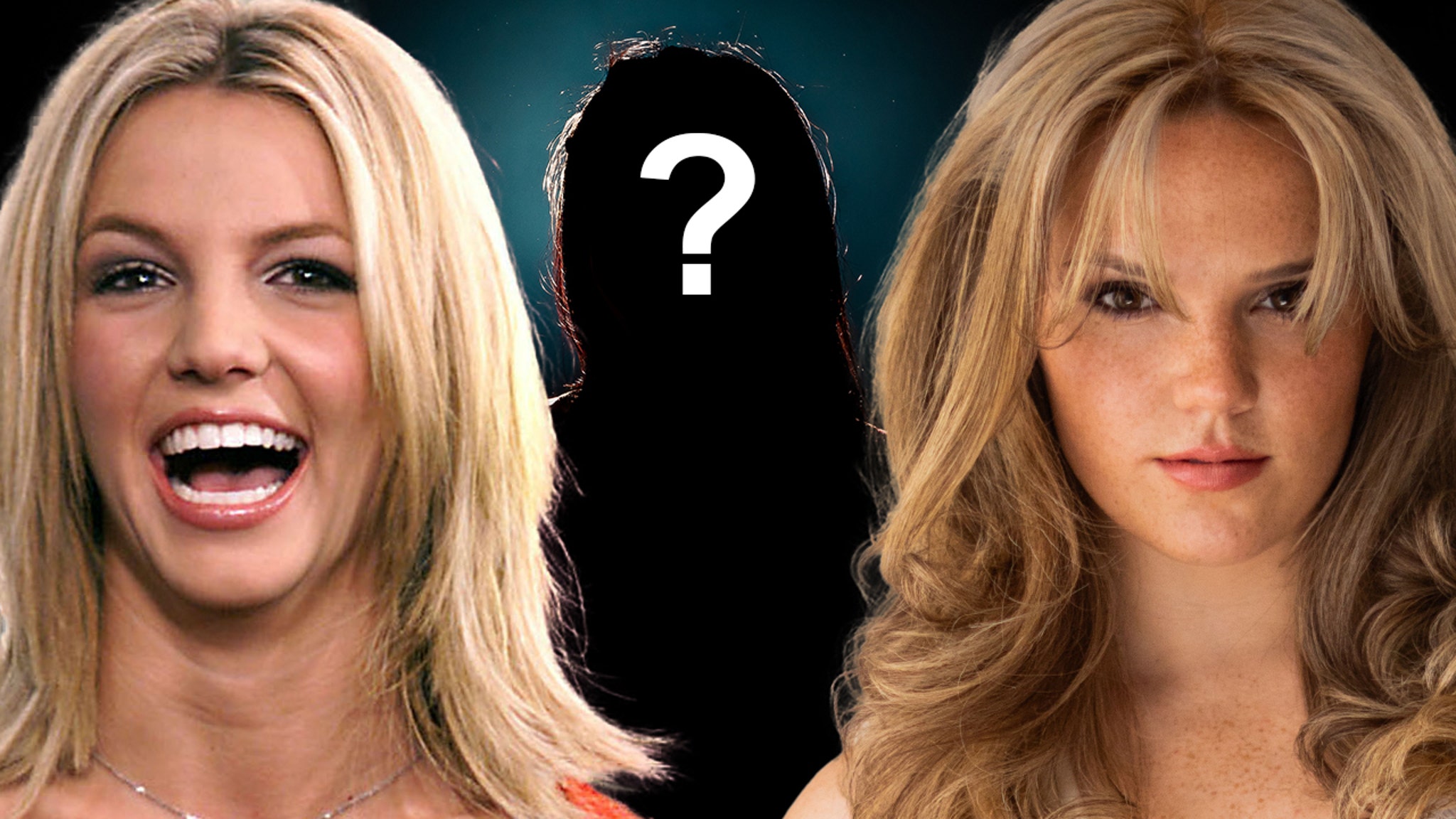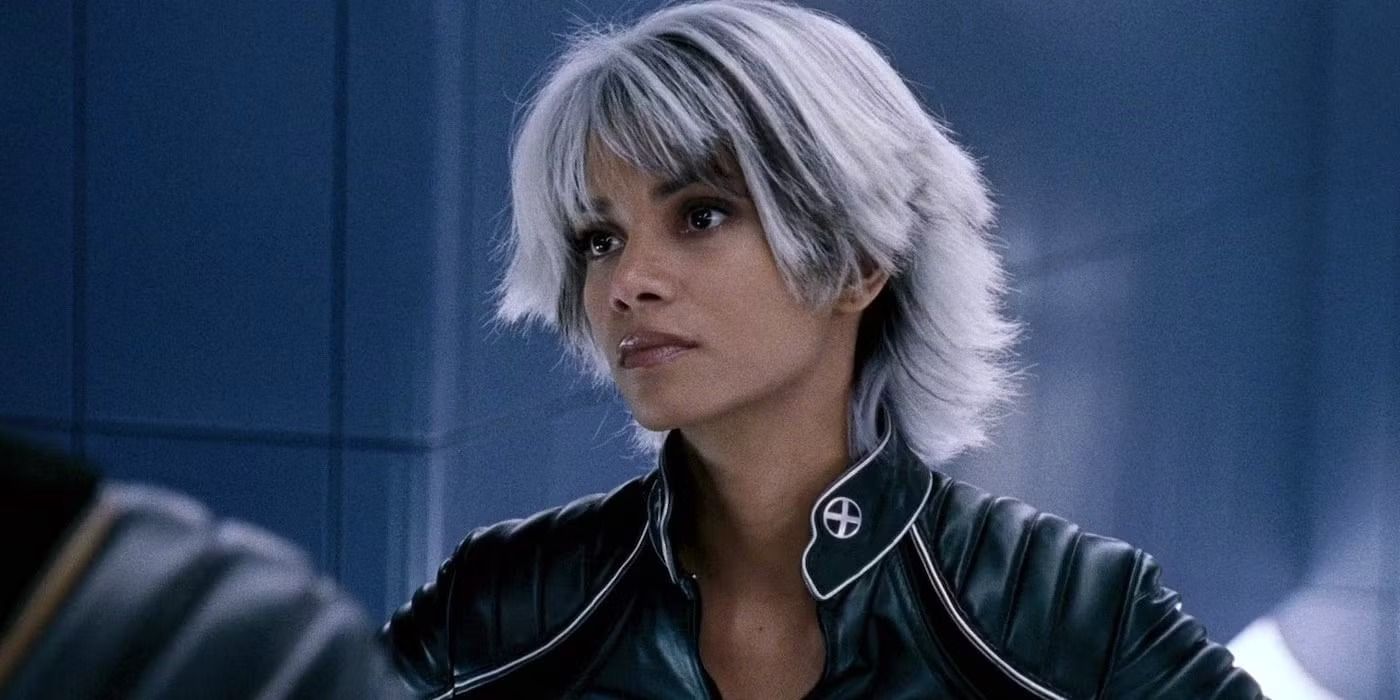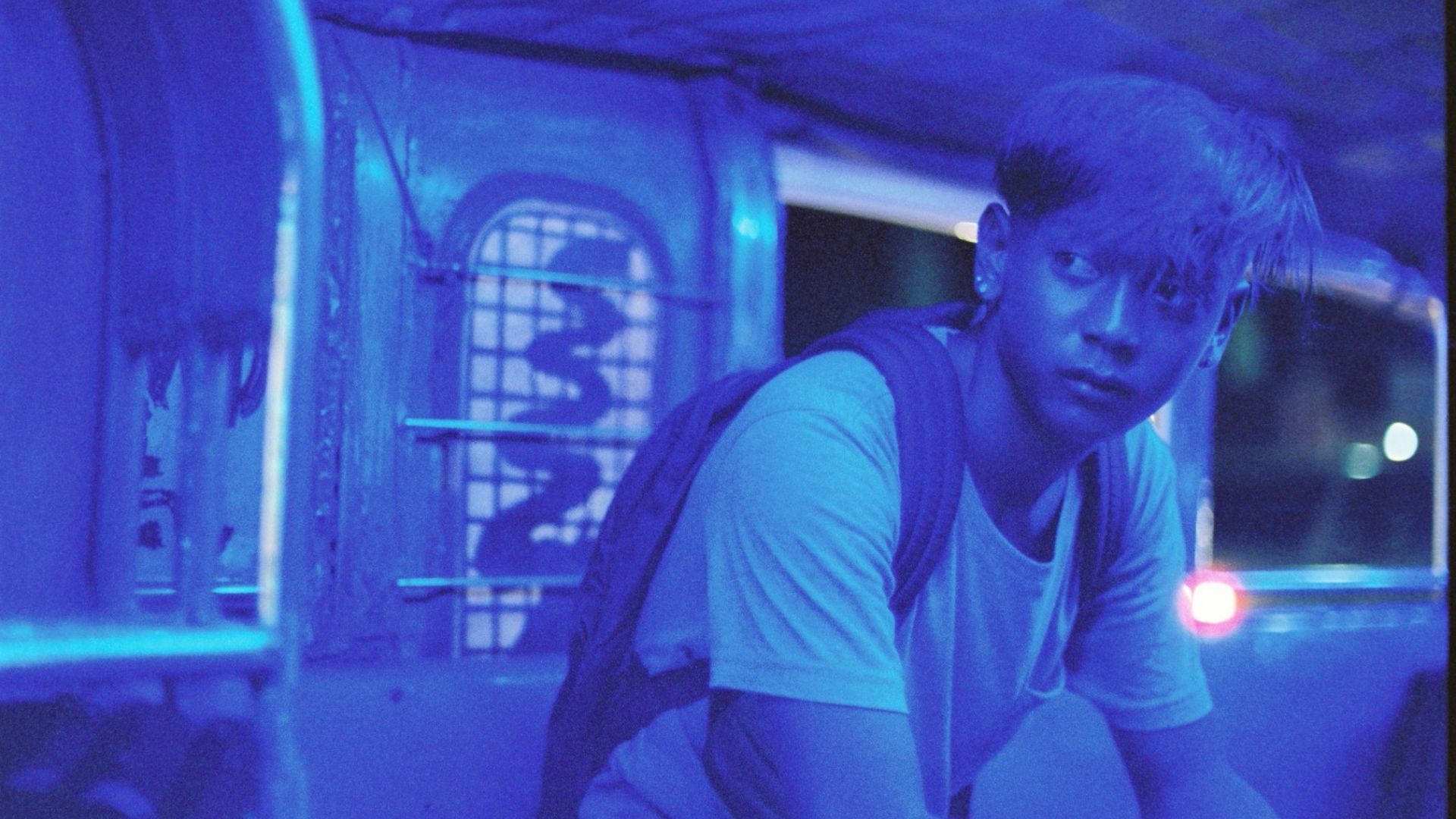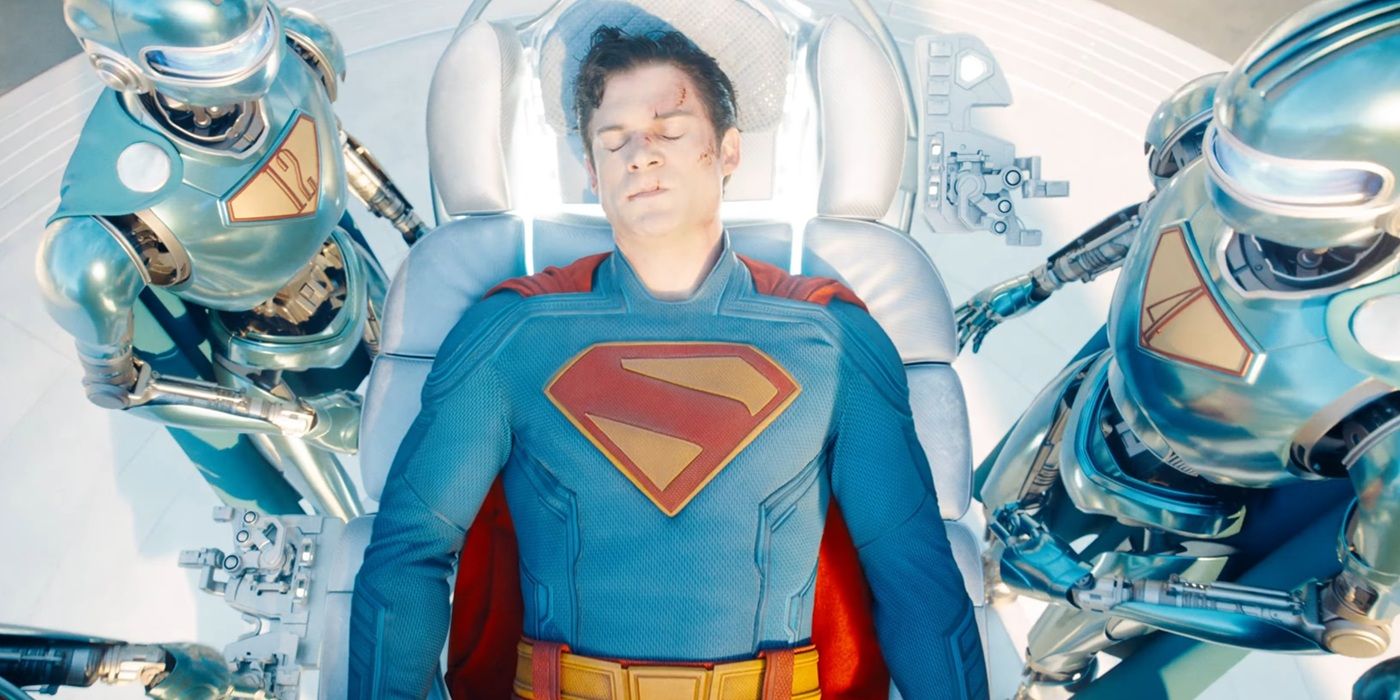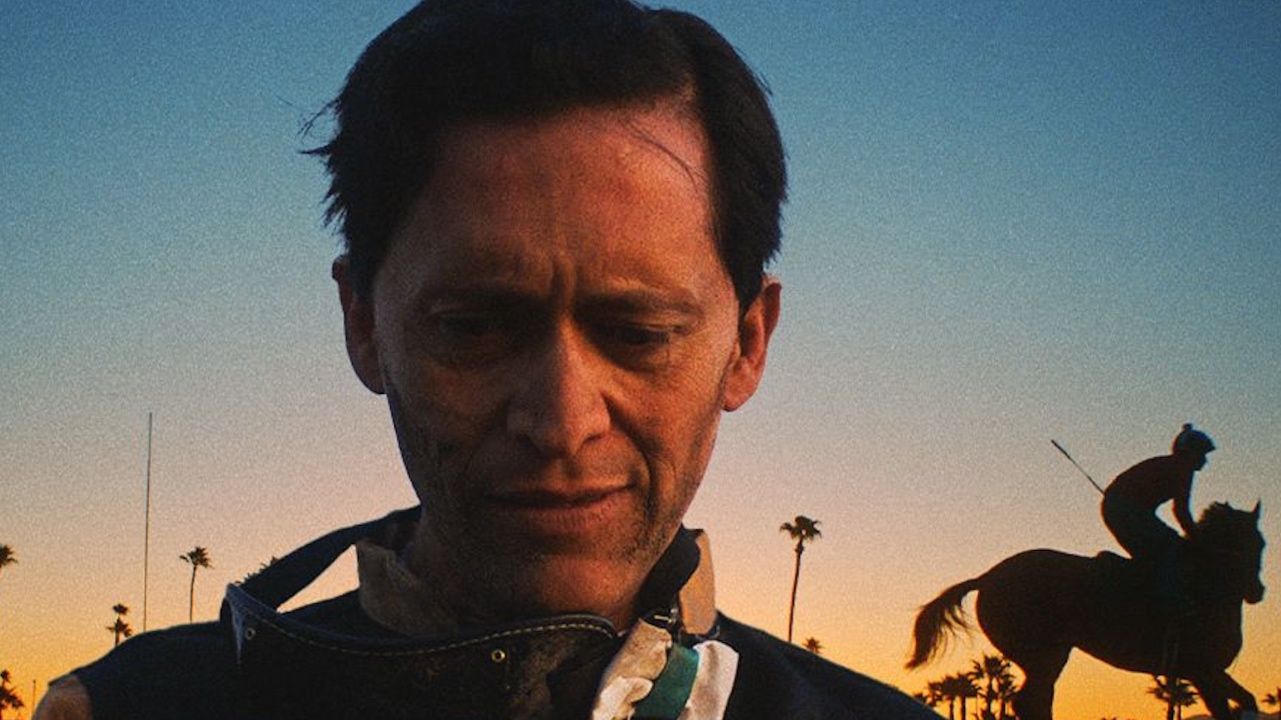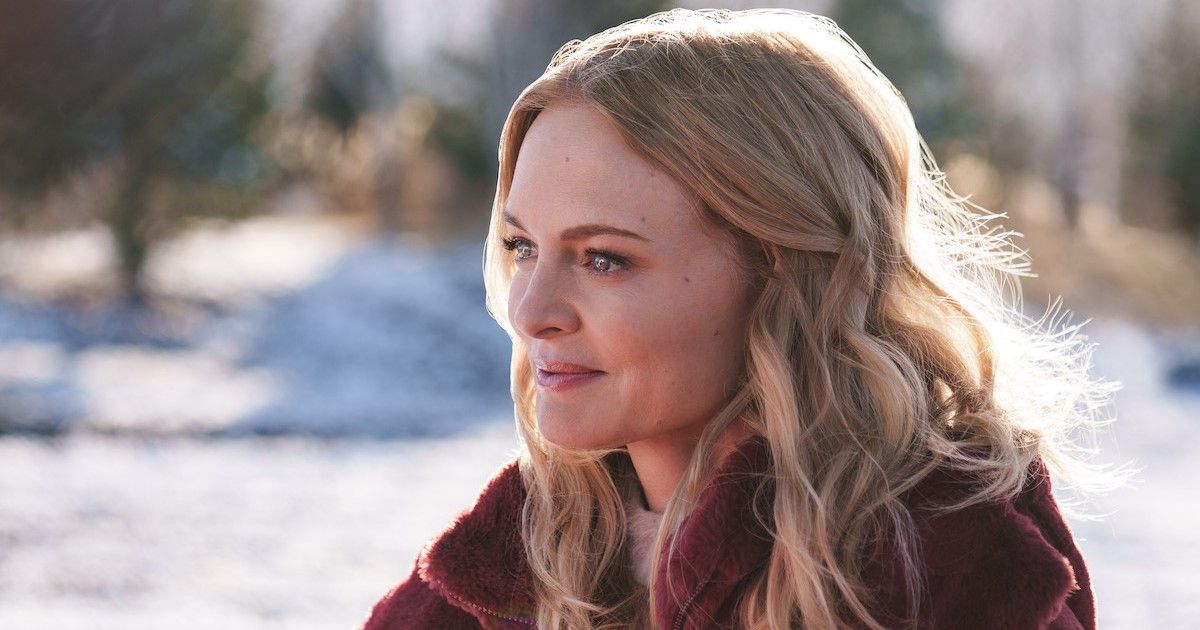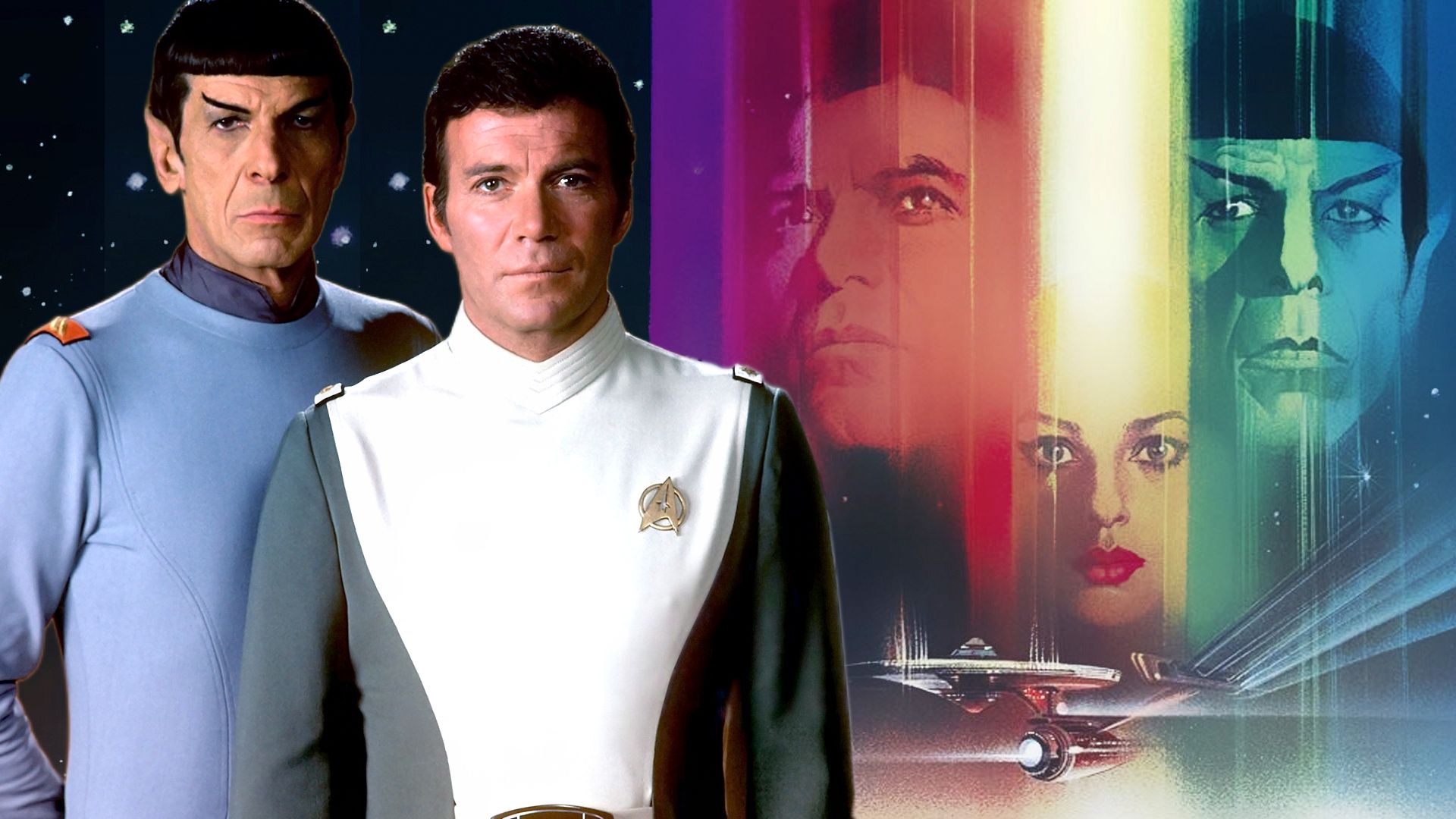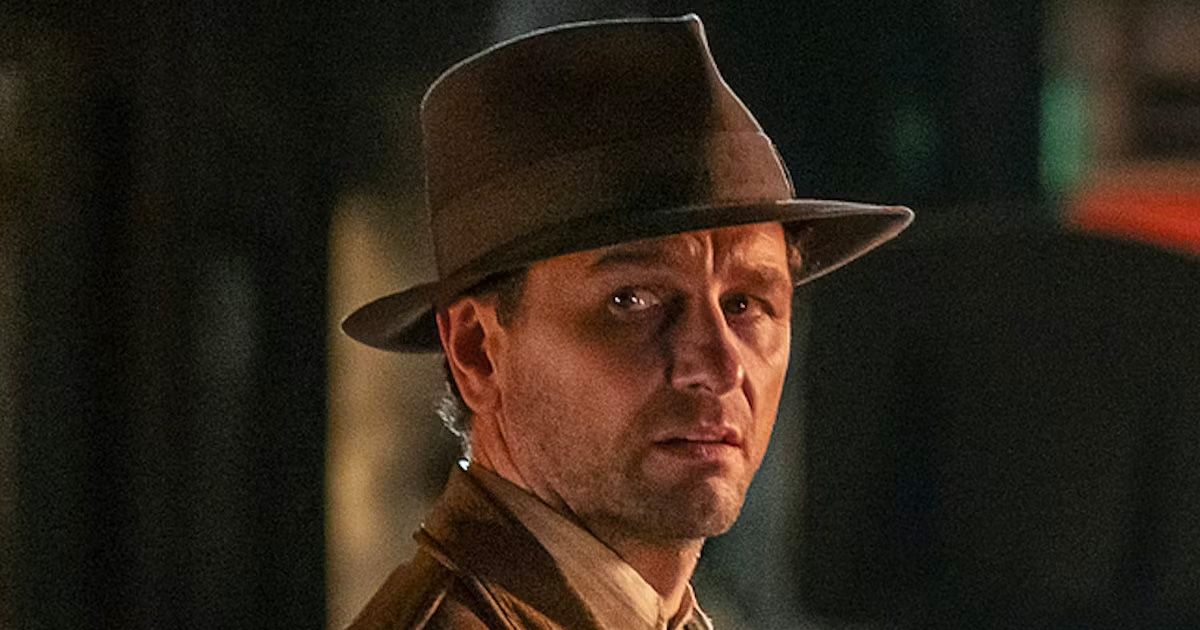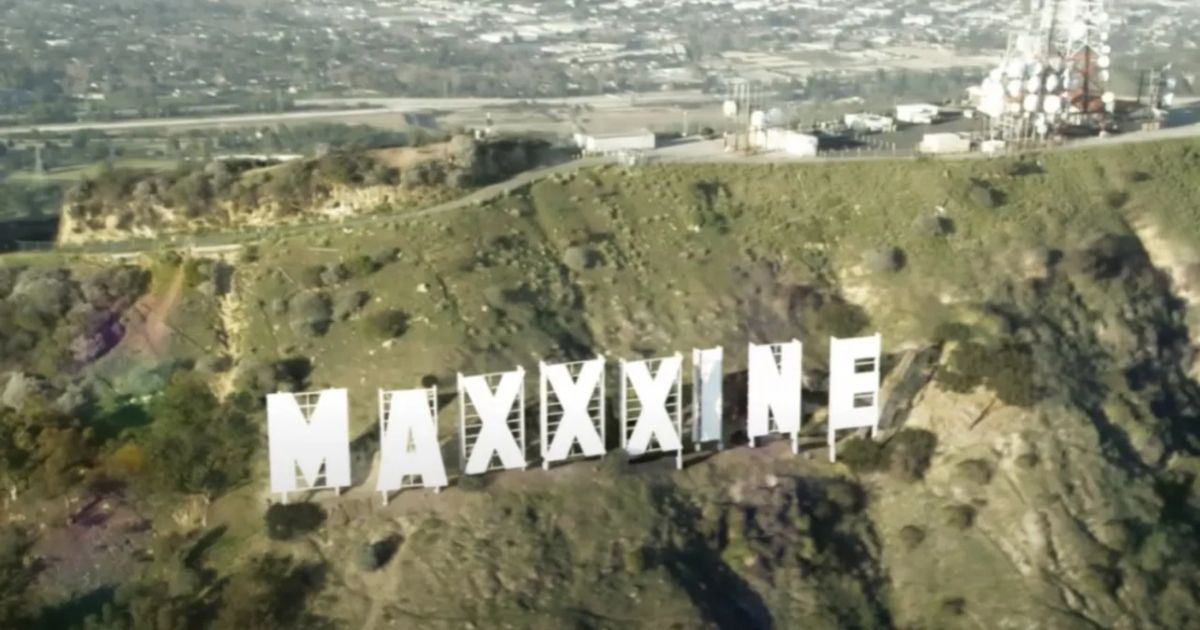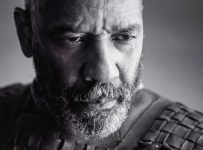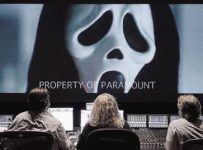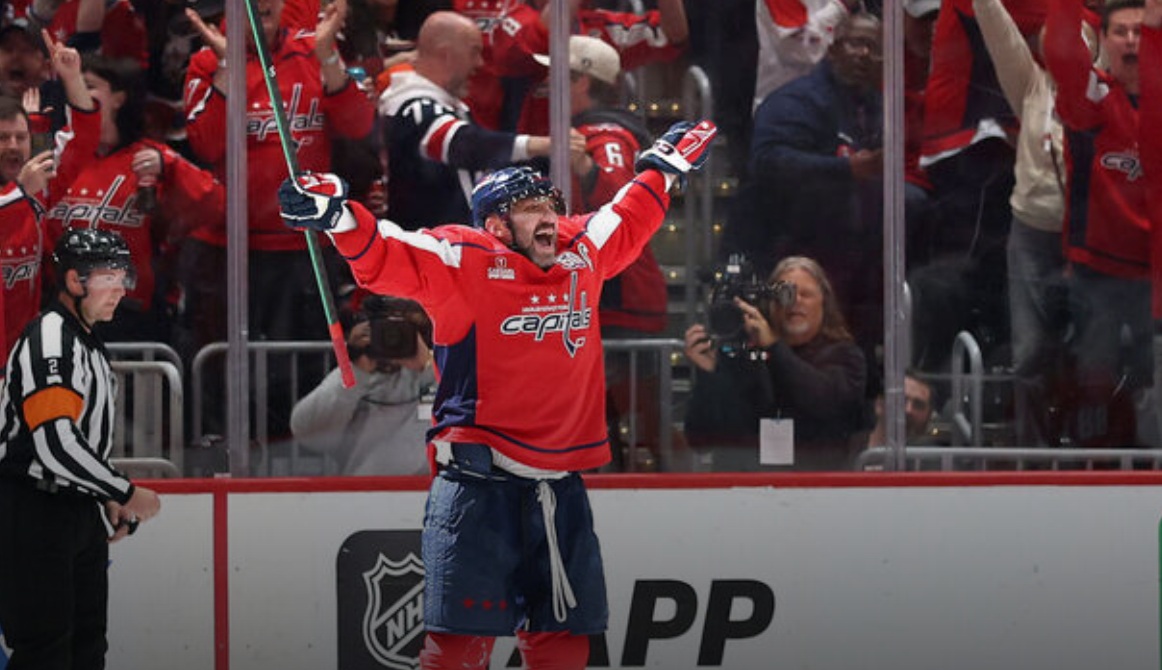‘Get back on the horse that threw you,’ the idiom goes, imploring people to not let failure prevent them from continuing to try; but what if someone is so damaged that getting back on the horse is practically a suicide mission? Where is the dividing line between the courageous and the crazy? These are some of the questions asked by Clint Bentley’s new film, Jockey, a beautiful independent drama about an aging jockey and his estranged son.
Jackson, played by Clifton Collins Jr. with charm and a melancholic tenderness, has been a professional jockey most of his life. He’s well-known and respected in his field despite being a loner, and is resolutely proletariat, refusing to meet the horse trainers and owners the jockeys generally despise. There is certainly an element of class consciousness here– while trainers and owners make a good deal of money largely from the sidelines, the jockeys literally risk their lives day in and day out for much less and feel largely expendable. The rich get richer and the poor stay poor, as if being ridden themselves, while the horses trot on.
MOVIEWEB VIDEO OF THE DAY
The Wrestler and the Jockey
There is an incredible scene near the beginning of the film which illuminates this in detail. Sitting circle-style in a small church room, as if in some Anonymous meeting, the jockeys talk about their professional worries and physical pains. Jackson listens as the men tell their real stories; they’re all actual jockeys, not actors. They talk about being trampled, with eye sockets crushed and spines bent for the love of the game and the children they need to support. “The best way to get over my fears was to get back on the same horse,” a man says as the camera focuses on his fractured skull, and the audience wonders– to what end? Is this a result of poverty, obsession, or both?
Sony Pictures Classics
Jackson is no stranger to this. “How many times have you broken your back?” a horse doctor asks him. “I don’t know. Three, I think.” Jackson can’t exactly afford a real doctor, and he wouldn’t seek one out even if he could. It becomes clear that most of these men are hiding serious physical problems for fear that they won’t be allowed to ride; their livelihoods and their passions are at stake.
In this sense, the film is extremely reminiscent of Darren Aronofsky’s The Wrestler, with both movies exploring the physical risks and obsessive tendencies of two stubborn men who are too poor, and know no other life, to choose anything but putting themselves in danger for their sport. If Bentley didn’t do such a fantastic job with Jockey, he could easily be accused of ripping off that previous film. The director, however, creates something unique and personal, instead, largely informed by the fact that Bentley’s father was a jockey himself.
Related: Zack Snyder Pitched a Female Version of The Wrestler to Amy Adams
Like The Wrestler, Jockey depends on the commitment and physicality of its lead, and Collins Jr. is up to the task. He is one of a few character actors who has gotten quite a lot of critical acclaim and awards buzz this year for a leading role (along with Tim Blake Nelson in Old Henry and Kathryn Hunter in The Tragedy of Macbeth, among others). Averaging four films a year for the past two decades and yet still a relatively unknown name, Collins perfectly captures the pain, pride, empathy, and quiet resilience of Jackson in his performance.
Horses and Other Non-Actors
The only other two professional actors in the film are Molly Parker as Jackson’s friend and business partner and Moises Arias as Gabriel, who has been following Jackson on the circuit before finally admitting to him that he is his son. All three actors are so naturalistic in their interactions with each other and their envornment (an actual working horsetrack, Turf Paradise, where the film was shot) that they blend in seamlessly with the non-actors around them. The regular folk are phenomenal, telling their own stories and ostensibly being themselves, and they bring with them a great amount of authenticity and truth. There is an almost documentary-style approach to the film this way, relying less on narration and plot mechanics than simple observation of character in the midst of grander themes.
Related: Clifton Collins Jr. Discusses His Burgeoning Career
Aside from the actors and non-actors, the horses themselves become important characters in the film. A horse-lover’s dream, Jockey features gorgeous colts and mares in their professional setting, displaying the majesty and athleticism of the creatures in several scenes. At one point, Ruth discovers a beautiful, intimidating horse nobody else cares for; “nobody wanted her… they said I was crazy to spend anything on her,” she says, perhaps referring more to struggling characters like Jackson and Gabriel than she is merely to the mare. The aging, physically broken Jackson calls her “the horse I never thought I’d get to ride.” They name the horse Dido’s Lament, a surprising reference to the opera Dido and Aeneas. The aria by Henry Purcell relates to the film in an incredibly powerful way–
When I am laid, am laid in earth, May my wrongs createNo trouble, no trouble in thy breast;Remember me, remember me, but ah! forget my fate.
As Jackson enters the twilight of his career, knowing he is close to never riding again due to the startling pain coursing throughout his aged body, he discovers a chance with Dido’s Lament to cement his legacy and an opportunity with Gabriel to pass on some of his wisdom. He hasn’t been a saint, his wild years hinted at from time to time and lived out once again during an emotional implosion late in the film. He knows that to keep riding amounts to a death wish, but riding is his fate; he knows nothing else. The tension builds as personal revelations cause relational problems between the characters all while a major race approaches, and Jackson may be headed toward a fatal collision course with oblivion.
Sony Pictures Classics
Despite being Bentley’s first feature as a director, and being way too similar to the movies The Wrestler and The Rider, the film is technically very accomplished. He chooses a more personal and natural approach to most scenes, the handheld camera following Jackson in tracking shots and hovering about the racetrack, yet stil content to rest on lengthy, still scenes of natural splendor. The cinematography by Adolpho Veloso is stunning, shooting almost exclusively during what is known as ‘the magic hour,’ that period right before sunrise and right after sunset. Not only does this wonderfully compliment the horses and the Southwestern aura of Arizona, its dusky horizon hazy with the dirt kicked up by horse hooves, but it serves a thematic function as well. Considering the film is largely about the sunset of an older jockey’s career (Jackson) and the dawn of a new one’s (Gabriel), the magic hour photography goes a long way in cementing the film’s sad, romantic motifs. “You get older,” Jackson laments, “you start to realize that, you know, you and your body, they just ain’t the same.”
The score also separates Jockey from other realistic character studies. The brothers Bryce and Aaron Dessner, from the hit indie band The National, have somehow provided exceptional scores for two other films this year, Mike Mills’ C’mon C’mon and Joe Wright’s Cyrano. They’ve previously worked with Bentley on Transpecos, a film with Clifton Collins, Jr. that he wrote and produced, so they all have a strong working knowledge of each other’s perspective. Here, their ambient electronica forms a surprisingly perfect backdrop to the simple story, washing over wordless scenes of horses and riders; at times, it is almost as luminescent as the constant sunsets in the film. Granted, some may find it overpowering for a film this matter-of-fact and naturalistic, especially when it dominates all diegetic sound in a scene, but the beauty of its textured ambiance is difficult to dismiss.
Related: C’mon C’mon Review: Parenting Struggles Wtih Jaoquin Phoenix
Like any excellent film, there are moments when the score, cinematography, direction and performance combine to craft something sublime. During the important races in the movie, Bentley makes the curious decision to cut out most sound in favor of the strong score; he zooms in on a prolonged close-up of Jackson, disregarding everything that is happening in what seems to be the most dramatic moments. Instead of filming the races like an action movie or an inspiring sports drama, Bentley brings the audience into something richer, more personal, and profound. The viewer watches Jackson as sound and image meld, seeing his reactions and the development of his features. It’s all here– the pain, the glory, the hope, the obsession, the ecstacy. Jackson, like Jockey, will be remembered, no matter his fate.
Old Henry Review: The Wild West’s Death
Read Next
About The Author
Matthew Mahler
(10 Articles Published)
Writer for Movieweb.com since 2021. Lover of film, philosophy, and theology. Amateur human.
You can view the original article HERE.
